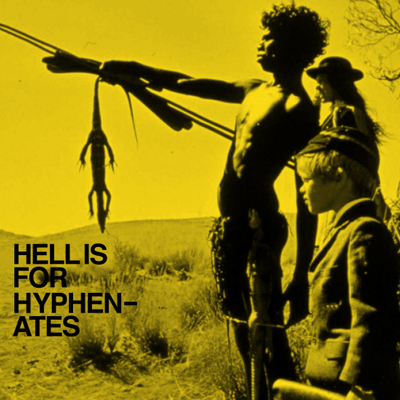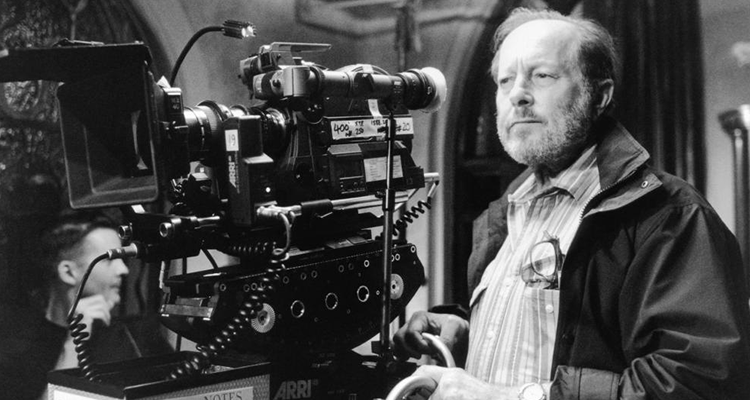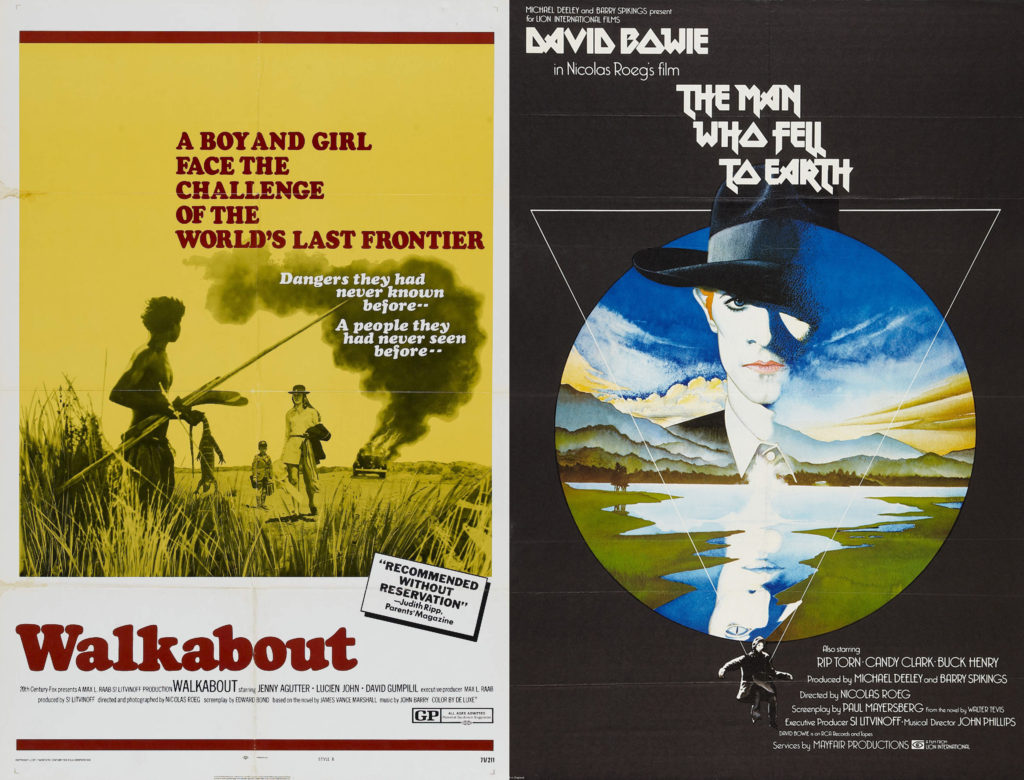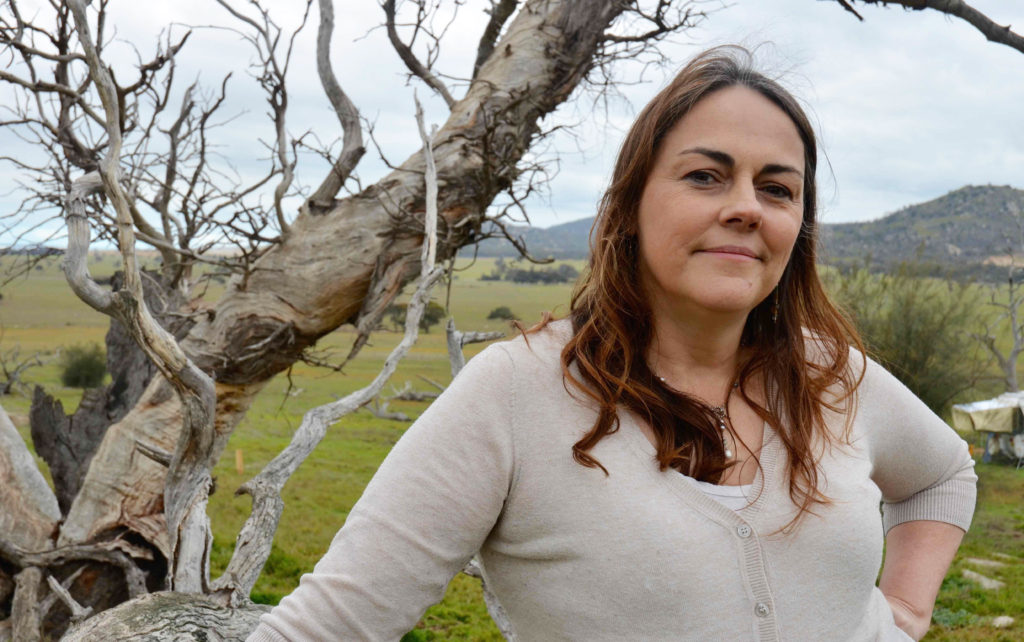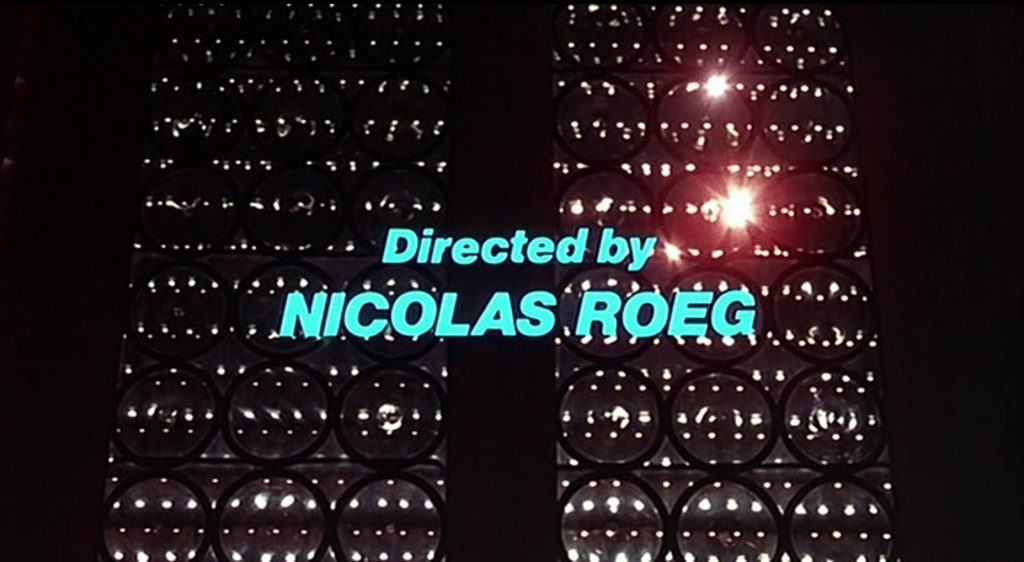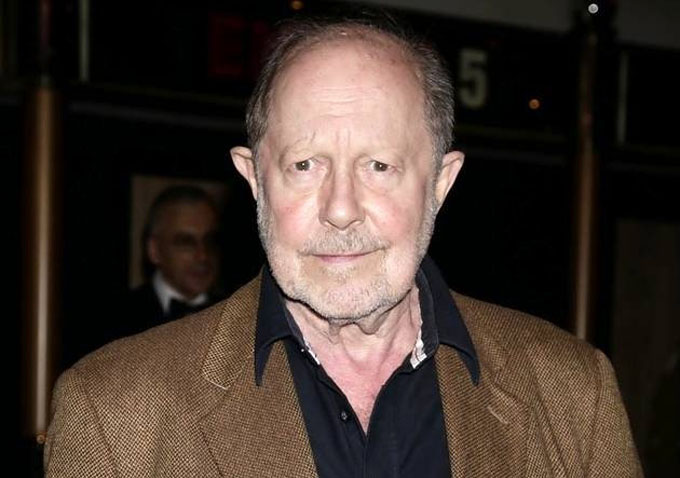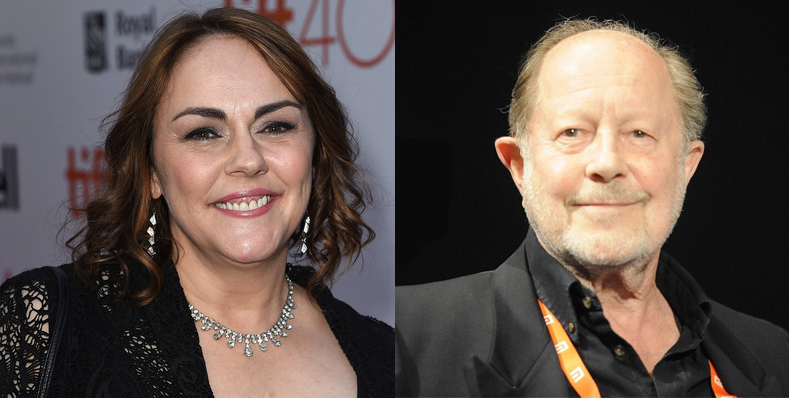
There are few things more exciting to us than getting to hear a filmmaker we admire talk about the filmmaker who influenced them. It's a special sort of insight that we rarely get, as writers and directors are more often quizzed about the films they themselves have made.
So what better way to explore the films of Nicolas Roeg (Performance, Walkabout, Don't Look Now, The Man Who Fell To Earth) than through the eyes of someone whose career he influenced? We were more than a little excited when Jocelyn Moorhouse (Proof, How To Make an American Quilt, A Thousand Acres, The Dressmaker) agreed to join us this month, and the conversation we had with her about Roeg is one we know you're going to enjoy.
But before we get into the chronologically-challenged bent reality of Nicolas Roeg, Sophie and Lee take a moment to look at some of this month's films, including Marvel's new mystical entry into the MCU Doctor Strange, David Yates and JK Rowling's Harry Potter spinoff prequel Fantastic Beasts and Where To Find Them, and the surprisingly political plastic toy adaptation Trolls.
Then for our middle segment, we look at the results of the US election and ask the least-existentially terrifying question many cinephiles have been asking themselves this past weeks: what does film do now? How do documentary and fiction filmmakers navigate this unprecedented landscape? Can cinema play a role in coping with this new world, and if so, what role is that? We cover a lot of ground here, and if you agree or disagree feel free to tell us your thoughts in the episode's comments section.
Further reading:
- At the top of our Doctor Strange review, we mention that the film's co-writer C Robert Cargill is himself a Hi4H alumnus! If you've not heard his episode yet (or marvelled at his filmmaker choice), have a listen to it here.
- During the Fantastic Beasts chat, Sophie mentions having reviewed many of the original Harry Potter films for Sight and Sound. Although they don't all appear to be freely available online, you can check out her review of Harry Potter and the Deathly Hallows Part One.
- Lee mentions an article from The Onion entitled “DNC Aiming To Reconnect With Working-Class Americans With New ‘Hamilton'-Inspired Lena Dunham Web Series†and you can read it here.
- Indiewire published a couple of articles about cinema in the post-Trump world, including this one about how independent American cinema is likely to respond, and this one from the point-of-view of film critics (and the latter features a shout-out to Sophie!).
- The tweet quoted by Lee - “donald trump looks like the villain in a movie where the hero is a dog†- appears to have originated with @ruinedpicnic
- There is a reference made in the middle segment to the rumour that Trump deliberately sent Mike Pence to see Hamilton on Broadway in order to distract from other controversies. The details of the Hamilton encounter can be read about here.
- During the recording we spontaneously decided to create a Christmas shopping list themed on this episode. You can pick up Jocelyn Moorhouse and PJ Hogan's Unconditional Love (replete with its Don't Look Now reference) from here; Nicolas Roeg's memoir The World Is Ever Changing from here; and check out the trailer for the astonishing restoration of The Man Who Fell To Earth here.
Outro music: score from Don’t Look Now (1973), composed by Pino Donaggio
The latest episode of Hell Is For Hyphenates, featuring Jocelyn Moorhouse talking the films of Nicolas Roeg, can be heard on Stitcher Smart Radio, subscribed to on iTunes, or downloaded/streamed directly from our website.

